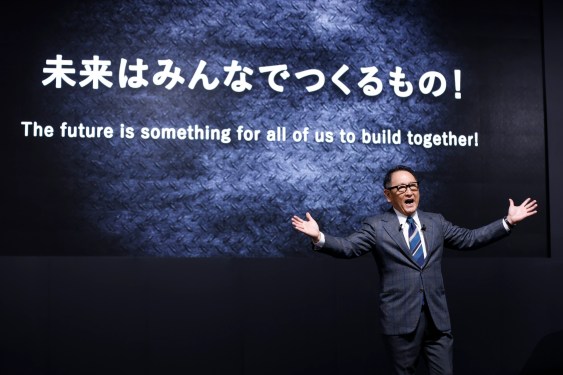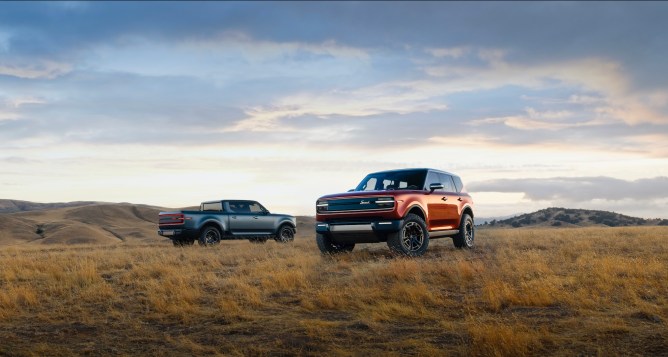China- and U.S.-based Pony.ai said Monday its valuation has surged to $8.5 billion after the first close of its Series D funding round, a sign that investors continue to chase a space where the mass deployment of autonomous fleets is still years away.
Founded in 2016 and backed by Toyota, Pony is among a group of robotaxi startups that have set up testing and operational presence in both China and the U.S.; others that have done so include WeRide, Deeproute and AutoX. Pony was last valued at $5.3 billion in late 2020.
The new price tag is remarkable given some of the hindrances the company faced in the past year. Several key members of its autonomous trucking unit resigned to join new rivaling businesses after an unpopular management decision to coalesce Pony’s trucking and robotaxi teams. The firm’s trucking force in the U.S. has since been dissolved, though it is still growing its trucking business in China.
In another turn of events in December, California suspended Pony’s driverless test permit following a collision.
As China’s regulatory scrutiny heightened over its tech companies, Pony reportedly had to halt its plans to list in the U.S., shortly after bringing onboard a former JPMorgan Chase executive as its chief financial officer.
Building robotaxis is notoriously cash-intensive, but Pony said it’s well-financed. Trucking is also widely viewed as a quicker path for autonomous vehicle startups to pull in revenues compared to robotaxis. Following the Series D-1 round, Pony said it now has close to $1 billion “balance sheet liquidity.”
Pony did not disclose how much it raised from this infusion but said it will release more information as the entire round closes.
With a global team of over 1,000 staff, Pony is testing autonomous vehicles in four major Chinese cities (Beijing, Shanghai, Guangzhou, Shenzhen) as well as Fremont and Irvine in California. Its robotaxis have also been allowed to start charging passengers in a pilot zone in suburban Beijing, along with Baidu’s autonomous driving fleet.
In terms of use of the proceeds, the startup’s CEO and co-founder James Peng said in a statement: “Our technical development and balance sheet strength go hand-in-hand in allowing us to significantly expand our hiring in 2022, open up a number of new autonomous vehicle global testing and operation sites, progress our strategic partnerships and rapidly grow our fleet.”






